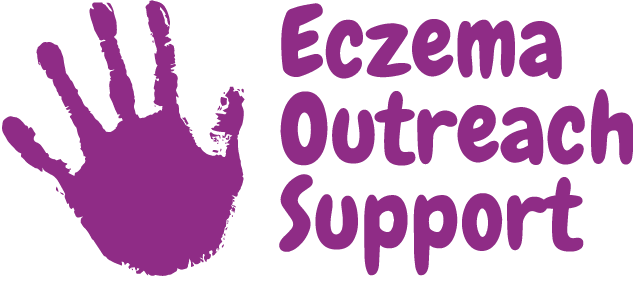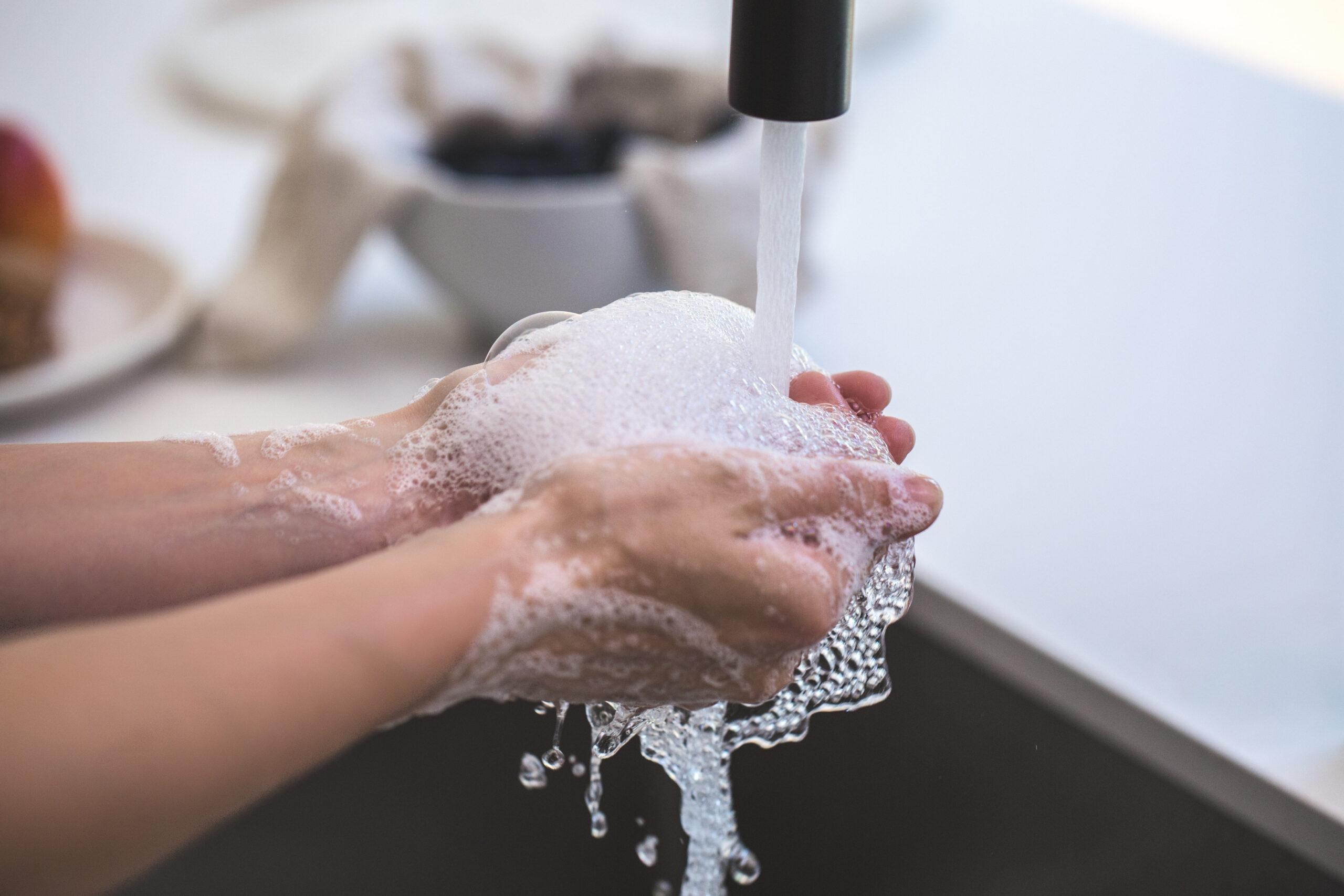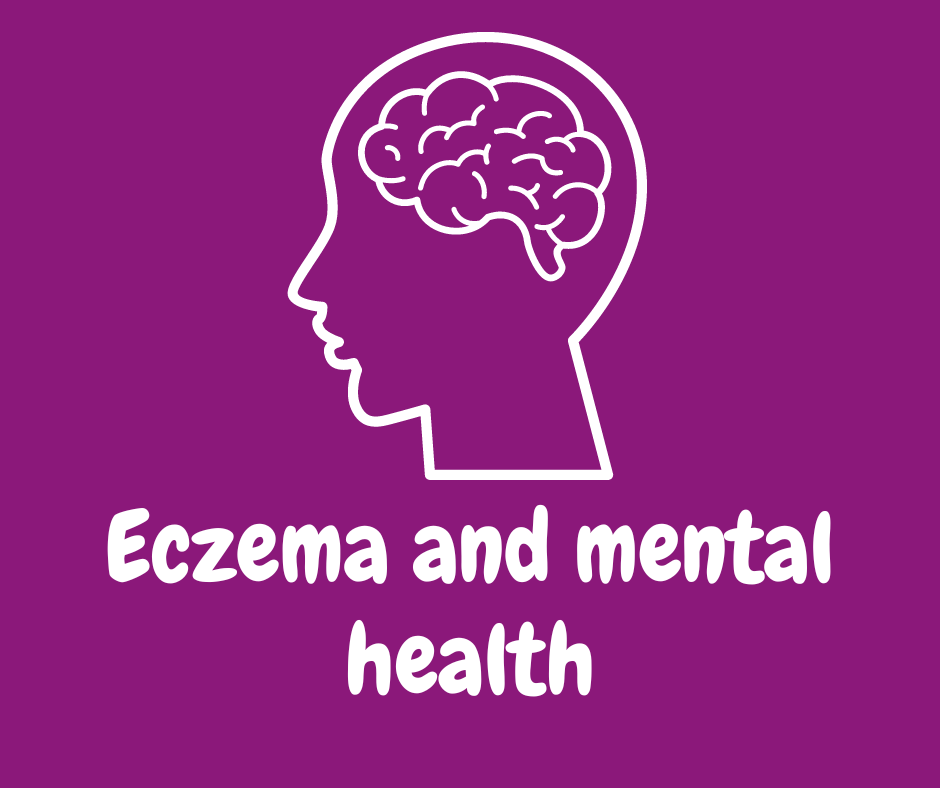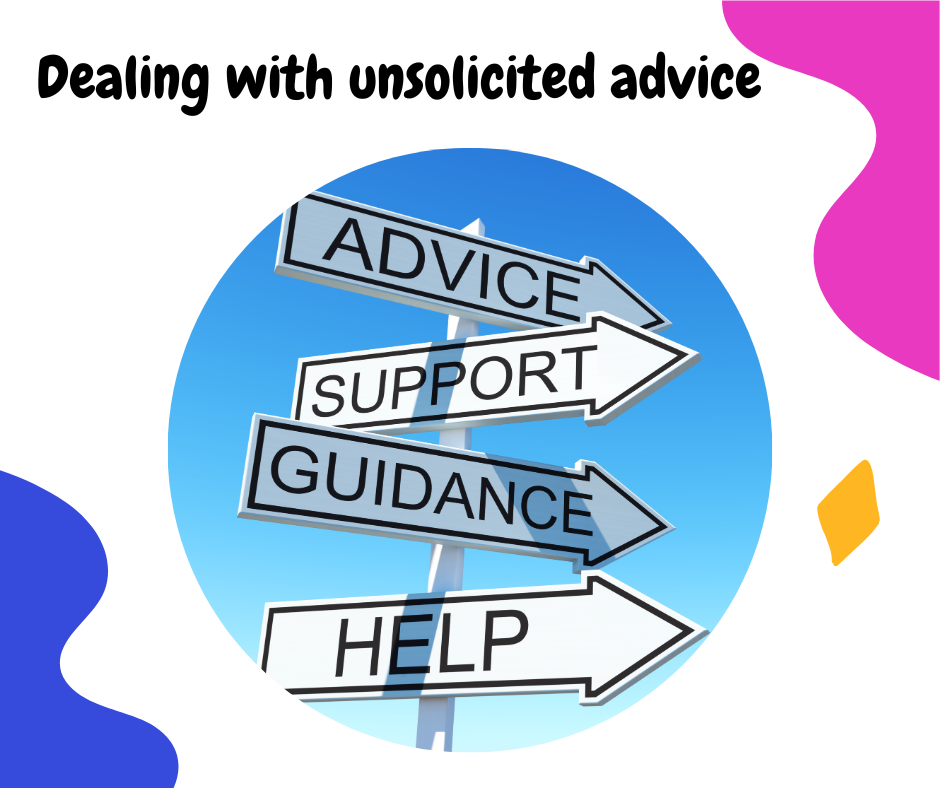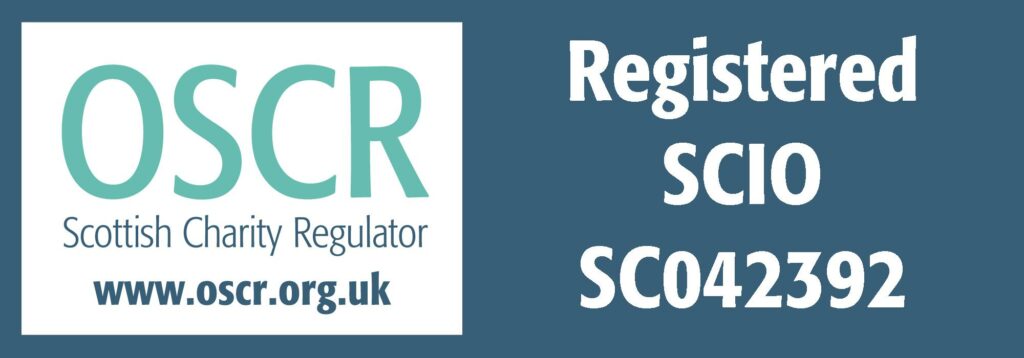The British Association of Dermatologist has released advice for people on immunosuppressants and biologic drugs regarding the COVID-19 virus.
The information is published below.
The British Association of Dermatologists
The BAD knows that national guidelines on this are being urgently produced. In the meantime, many people have been contacting us asking for advice, so we have produced this information based on our knowledge at the moment, whilst we await further evidence and advice.
What is COVID-19?
COVID-19 is a new virus causing an illness that can affect your lungs and airways. It is a type of coronavirus. There are several other sorts of coronaviruses which are well known and which usually only cause mild infections.
Am I more at risk?
The BAD is aware of the concerns about COVID-19 of people who are taking medicines that affect the immune system such as biologic therapies and/or immunosuppressants. The BAD is not aware of any good evidence that these people are at a greater risk of getting COVID-19 or having a more severe form of the illness. This advice may change as we find out more about this new condition, so we advise checking NHS advice sites regularly.
The BAD advises that creams used for skin conditions, in the correct quantities recommended by dermatologists or GPs, are not likely to increase the risks of getting COVID-19 or having a more severe form of the illness.
Is my medicine one which affects the immune system?
You can find out more about your medicine by looking at the patient information leaflets on the BAD website here.
What should I do?
To date, there is no public health guidance specifically for people taking drugs that affect the immune system such as biologic therapies and immunosuppressants although this situation may change. Please keep up to date by checking the latest NHS advice here.
At present, most people are choosing to continue treatment until there is evidence on which to base advice.
If you are considering stopping your treatment, please discuss this with your dermatology team. Any decision made about stopping treatment should include the consideration that your skin condition may deteriorate. It may also be more difficult to access healthcare services over the upcoming months.
Follow general advice provided to the general public in minimising the risk of infection:
DO:
- cover your mouth and nose with a tissue or your sleeve (not your hands) when you cough or sneeze
- put used tissues in the bin immediately and wash your hands afterwards
- wash your hands with soap or a soap-substitute moisturiser and water often – do this for at least 20 seconds
- always wash your hands when you get home or into work and before eating
- if you have dry skin then use moisturiser after washing your hands – some creams, lotions and soap substitutes used in dermatology contain an antiseptic such as benzalkonium chloride or chlorhexidine
- use hand sanitiser gel if soap and water are not available
- try to avoid close contact with people who are unwell
DO NOT:
- do not touch your eyes, nose or mouth if your hands are not clean
Consider avoiding crowded places or crowded transport if possible.
If you become unwell or develop a fever, follow the advice given by the NHS and consult your doctor to consider whether you should discontinue your biologic or immunosuppressant treatment.
